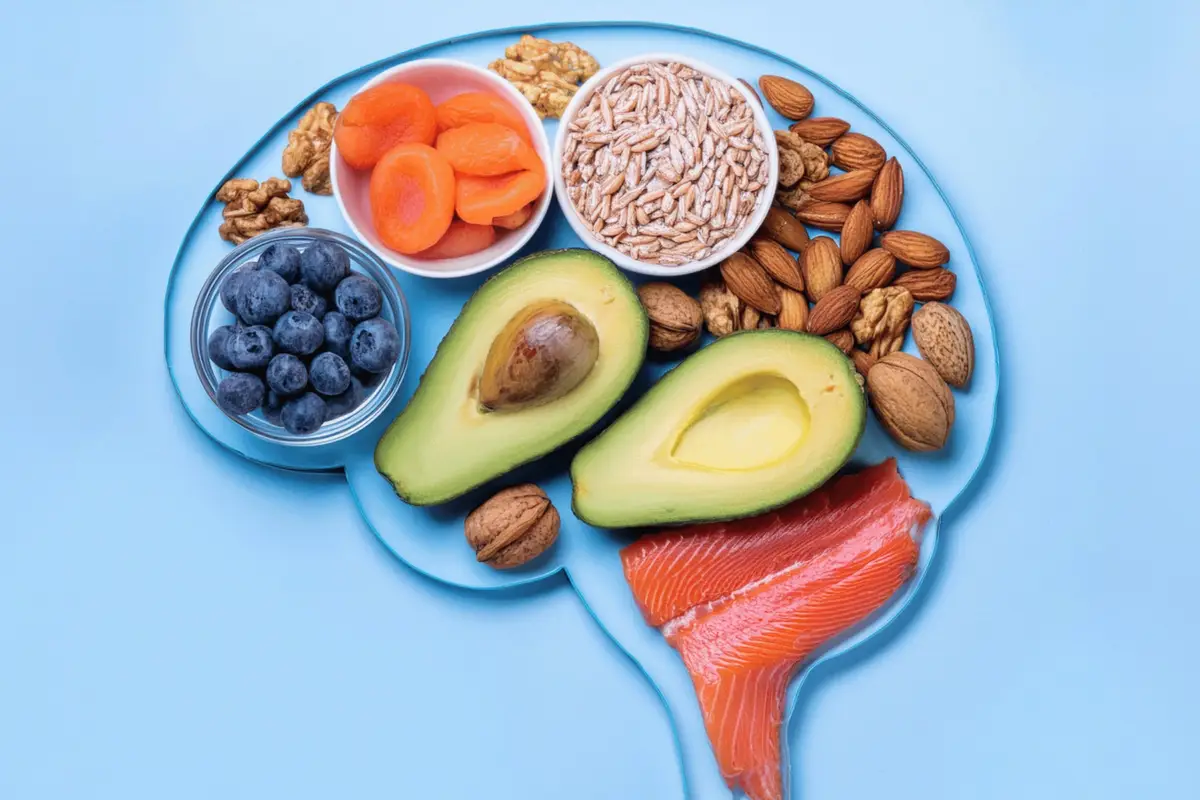Justice, Mental Health & Rehabilitation
Nutrition for Correctional facilities, forensic units, mental health hospitals, alcohol & drug rehab centres, recovery-focused housing
At Appetite for Nutrition, we support justice, mental health, and rehabilitation settings with expert menu reviews, development, and nutrition strategies that promote recovery, stability, and long-term wellbeing.
Our Accredited Practising Dietitians work with correctional facilities, forensic mental health units, alcohol and drug rehab centres, and psychosocial residential programs across Australia. We adapt services to meet complex needs — balancing cost, logistics, security, and therapeutic goals.
🍽 Nutrition is a basic right – Safe, nutritious, and culturally appropriate food is essential. Dietitians ensure compliance with food safety and equity standards while promoting dignity in institutional food service.
🧠 Mental health & diet – 1 in 2 people in prison have a diagnosed mental illness. Poor diets can worsen depression, anxiety, and mood instability. Evidence (e.g., the SMILES trial) shows whole-food diets rich in vegetables, legumes, grains, and healthy fats can reduce depressive symptoms.
💪 Supports recovery – Up to 75% of people in rehab have co-occurring physical health issues. Good nutrition helps manage withdrawal symptoms, supports medication, restores gut and metabolic health, and builds positive routines for independence.

Our Services for Justice, Mental Health & Rehabilitation Facilities
Menu Creation & Review
We assess menus for compliance, nutrition gaps, and cost-effective improvements, creating balanced, seasonal menus tailored to justice and rehabilitation settings.
Consultations
Our dietitians and health coaches provide individual and group consultations (onsite or via telehealth) to support chronic disease, mental health, recovery, and wellbeing, with services available under Medicare, WorkSafe, NDIS, and private funding.
Recipe Development & Special Diets
We also provide cooking and mealtime engagement sessions, supermarket tours for group homes, and compliance reporting. Services are tailored to each facility’s needs with ongoing dietitian support.
Training & Food Service Support
We deliver staff training, food safety education, and resident cooking programs to support skill-building and community transition.

Why Nutrition Matters for Your Facility
We help justice, mental health, and rehabilitation organisations meet national standards and improve resident outcomes. Our services support facilities to:
✅ Meet compliance obligations for safe, nutritious, and equitable food service
✅ Align with the Australian Dietary Guidelines and relevant correctional or health service standards
✅ Provide safe meals for people with allergies, coeliac disease, and texture-modified diets (IDDSI)
✅ Support accreditation, audits and governance through strong nutrition systems
With the right nutrition frameworks in place, facilities can reduce risk of malnutrition, improve health outcomes, and confidently prepare for inspections and compliance reviews.
Frequency Asked Questions
At Appetite for Nutrition, we believe nutrition plays a vital role in recovery, rehabilitation, and dignity. Below you’ll find answers to frequently asked questions about our nutrition services for justice, mental health, and rehabilitation facilities. Discover how our Accredited Practising Dietitians help organisations deliver compliant, balanced, and recovery-focused meals across correctional, forensic, and therapeutic settings.
We provide end-to-end nutrition consulting, menu reviews, recipe development, and staff training for correctional centres, forensic hospitals, mental health units, and alcohol and drug rehabilitation programs. Our Accredited Practising Dietitians help facilities create compliant, cost-effective, and recovery-focused food service systems.
Nutrition directly influences mental health, mood, and recovery outcomes. Many residents in justice and rehab settings live with chronic disease, poor diet quality, or nutrient deficiencies. Balanced, whole-food-based menus can improve mental stability, energy, and engagement in therapy. Evidence such as the SMILES trial supports the role of diet in reducing depressive symptoms.
Yes. Our team ensures your food service meets the Australian Dietary Guidelines, correctional service nutrition standards, and food safety regulations. We help with documentation for audits, accreditation, and quality improvement, ensuring nutrition systems align with health service governance and inspection readiness.
A menu review assesses nutritional adequacy, cost-effectiveness, variety, portion sizes, cultural appropriateness, and compliance with relevant standards. We also identify gaps and make practical recommendations. Reports can include nutrient breakdowns, allergen summaries, and implementation plans.
Our dietitians provide evidence-based meal plans, group education sessions, and individual consultations that address mood regulation, gut health, and nutritional rehabilitation. Good nutrition supports medication management, withdrawal recovery, and rebuilding physical health after substance misuse.
Yes. We offer onsite and telehealth consultations for individuals or groups. Sessions can be funded through Medicare, WorkSafe, NDIS, or private billing, and focus on chronic disease, mental health, recovery, and wellbeing.
Absolutely. We deliver food safety, nutrition awareness, and cooking skills training for staff and residents. These sessions encourage health literacy, food safety compliance, and positive mealtime culture in residential and correctional environments.
Menus are assessed for cultural diversity, allergy safety, and special diets including coeliac, diabetes, and texture-modified (IDDSI) needs. We ensure every menu meets both nutritional and cultural equity standards to promote dignity and safety.nd suitable for diverse residents and clinical requirements.
Yes. We understand the logistical and cost constraints in institutional settings. Our dietitians design budget-friendly menus using seasonal ingredients, efficient procurement strategies, and portion control to reduce waste while maintaining nutritional standards.
Contact us to book an initial consultation. We’ll review your current foodservice system, identify areas for improvement, and develop a tailored nutrition plan that supports compliance, recovery, and long-term wellbeing outcomes.
Contact us today to begin your journey towards a better you
Do you want to reach out for more information or see how we can help you? Reach out to us by clicking on the button below.
